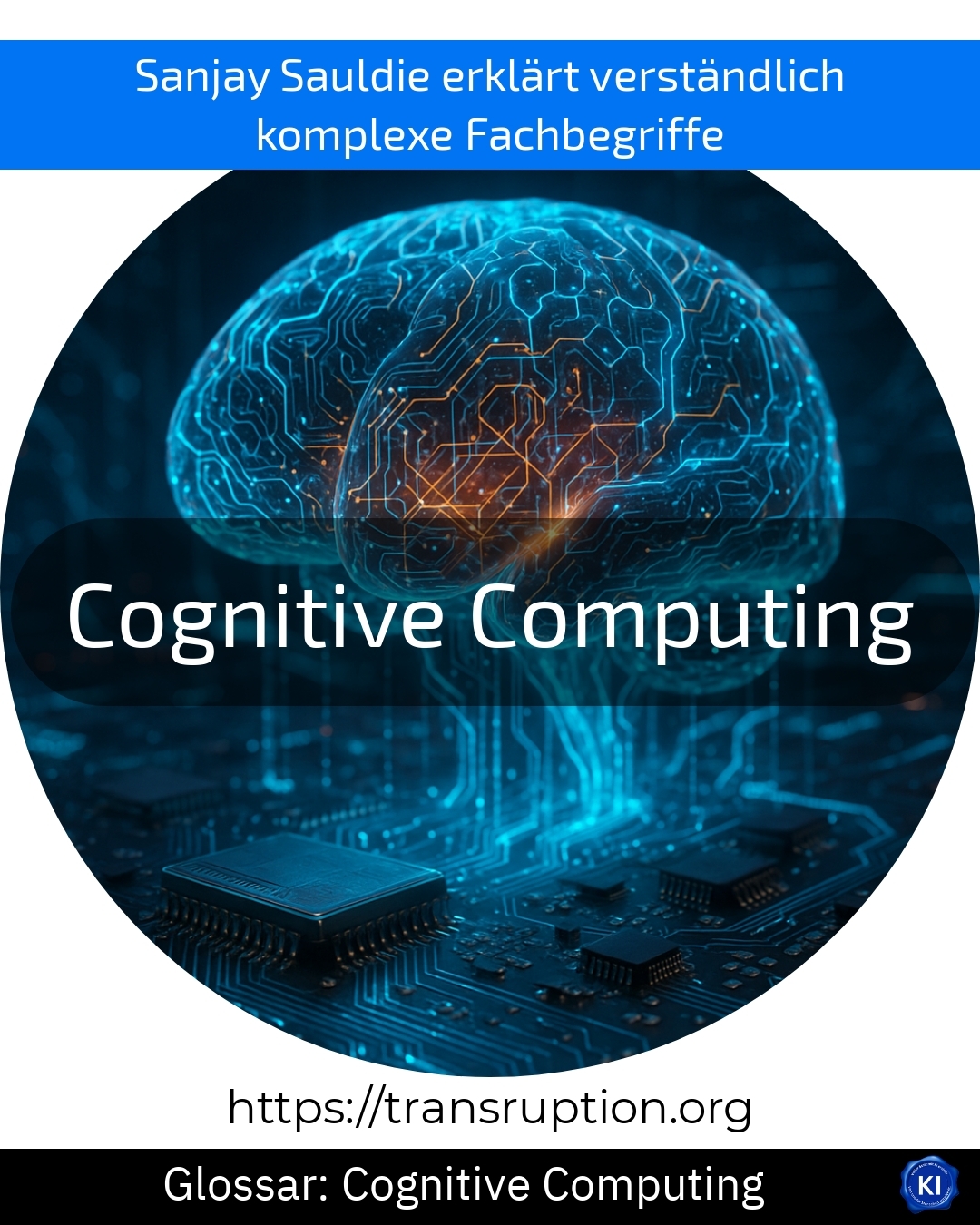Cognitive computing belongs in particular to the fields of artificial intelligence, digital transformation and Industry 4.0. The term describes computer systems that can learn, think and solve problems in a similar way to a human being. Unlike traditional computer programmes, these systems do not work according to fixed rules, but adapt to new information and make independent decisions.
Technologies such as machine learning, speech recognition and image recognition are an important part of cognitive computing. These methods help computers to analyse large volumes of data, recognise patterns and draw meaningful conclusions from them.
One example: In modern customer service, cognitive computing systems can support intelligent chatbots. They recognise emotions in customers' messages, understand correlations and offer suitable solutions - almost like a human advisor.
Cognitive computing helps companies to organise their processes more efficiently, make better decisions and react more quickly to changes. In Industry 4.0 in particular, this technology enables machines to be networked and production processes to be further optimised through intelligent analyses. This makes digitalisation a tangible experience for many industries and brings tangible added value.















